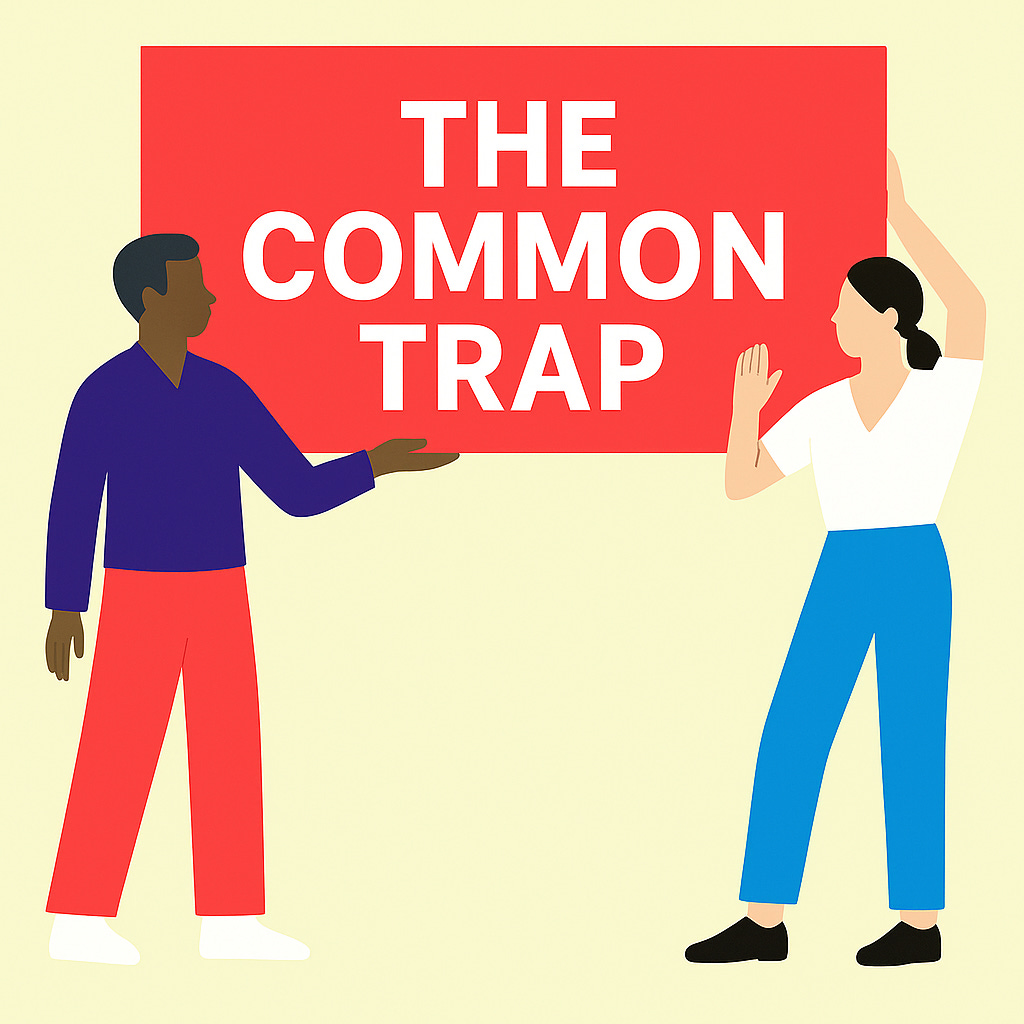One of the big shifts that happens when you move from freelancing to building a boutique agency is this: you stop just taking work and you start intentionally choosing clients.
That choice shapes everything: your positioning, your pricing, your team, and your future growth.
And if you want to build something profitable, scalable, and maybe even sellable one day, you have to make that choice carefully.
The Common Trap: Becoming an LSP for Other LSPs
It’s very common in the translation and localization industry for smaller LSPs to work for larger LSPs.
At first glance, it makes sense:
They need your services.
They understand the industry.
They might have a lot of volume to send your way.
Especially as a freelancer starting out, it’s totally normal to have a good chunk of your work coming from LSPs. It’s a natural first step.
But if you decide to grow into a boutique agency model, I strongly recommend thinking differently.
Because here’s the reality:
When you’re positioned as an LSP that serves other LSPs, you’re sitting at the bottom of a very long chain, with very little negotiation power.
Margins are razor-thin. Price pressure is constant. You’re seen as a vendor, not a partner.
That’s not the business model you want if your goals are profitability, autonomy, and long-term value.
Why Direct Clients Matter
When you work with direct clients (companies, brands, institutions who actually need translation services for their own operations or marketing), everything changes:
You set the terms.
You own the client relationship.
You provide more value, and capture more margin.
Direct clients are looking for expertise, reliability, partnership. They’re not just trying to squeeze a few cents out of every word.
This makes your work more rewarding, your relationships stronger, and your business much healthier.
And if one day you intend to sell your agency (which, in my opinion, should always be a goal you keep in mind), your company will be worth far more if it has strong, direct client relationships with healthy margins.
An agency that mostly serves other LSPs will always be seen as riskier, lower-margin, and less valuable.
Does This Mean Never Work with LSPs?
No, not at all.
Especially early on, LSPs can be good partners. They can provide steady volume. They can help you build capacity and processes.
But over time, if you want to build a resilient, valuable business, I recommend shifting your focus toward attracting and serving direct clients.
That's where the real leverage is.
Choosing your ideal clients isn’t just about who’s willing to hire you today. It’s about who will help you build the kind of business you want to own, and maybe someday sell.
When you’re thinking about the next step in your growth, ask yourself:
Am I building for today, or am I building for the future I want?
That question will guide you well.
I’m Tim Renders. I started as a freelance translator and built Entre les lignes, a boutique agency with millions in revenue throughout the years. These days, I share what I’ve learned and mentor other small language business owners grow their own boutique agency up to €1M in yearly revenue.
All the discovery calls for my one-on-one mentorship are currently fully booked (thank you for your trust!).
If you’d like to be on the waiting list to apply for one-on-one business consulting sessions with me, leave your details 👉 here.
Thank you!
— Tim Renders




I don't have experience in the LSP space but I think there is universal truth here.
To grow your business and innovate your services you need access to the problem space.
That means working directly with the business whose problem is being solved. Something that won't happen with the LSP for LSPs model.
I totally agree with your sentiment, Tim. Even if the LSP to LSP relationship is a true partnership, like you say, the margins are razor thin, which means you need a lot of volume to make it viable financially. And it doesn’t give you much room for manoeuvre when it comes to hiring the best talent for each project.